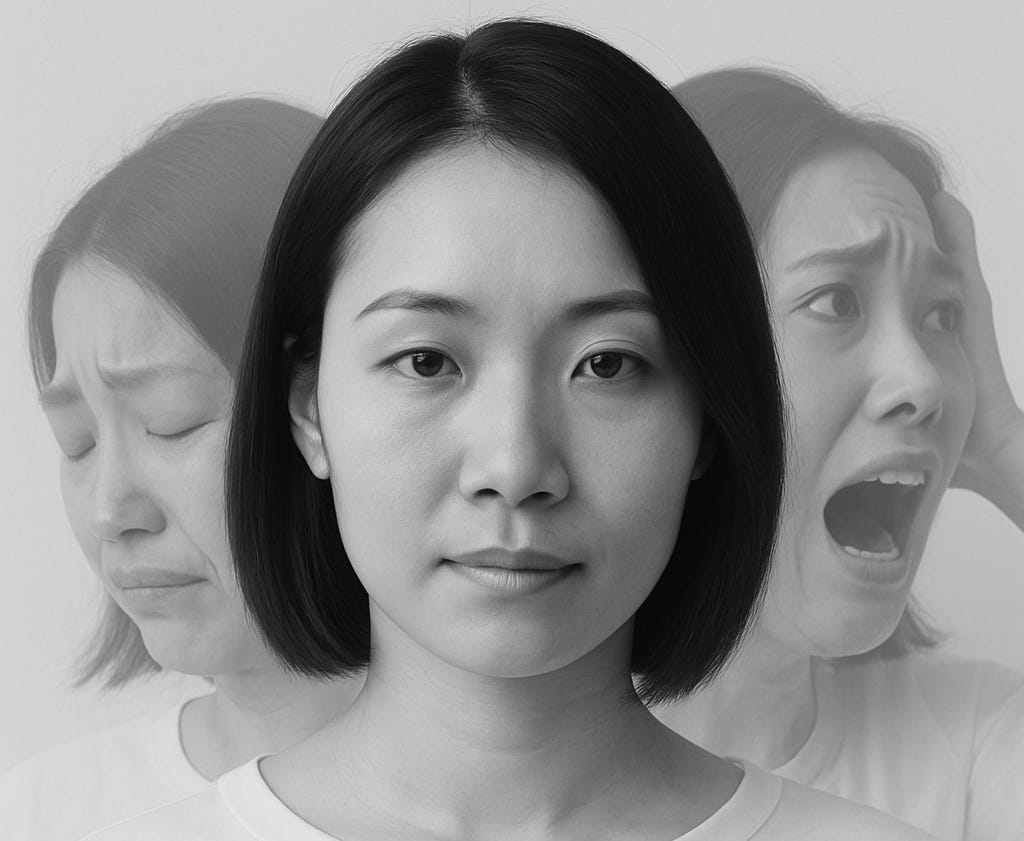Who are you?
Our self-understanding is shaped by various factors, including our memories, experiences, relationships, roles, beliefs, values, and self-esteem. Together, these things create our unique sense of being, our sense of self. A strong and coherent sense of identity is linked to positive mental health, self-esteem, and overall well-being.
Our identity is not static but changes and evolves over our lifetime. It’s affected by things like changing roles or jobs, becoming a parent, or losing someone we love through a breakup or death. It is also significantly affected as we progress through adolescence, a time when children are developing a sense of self, distinct from their parents, as they become independent adults
We all have (or have had) times when we’ve been faced with a challenge to our sense of self; times of upheaval when we lose confidence, or a sense of purpose in life. When this happens, we can find ourselves suffering from things like self-doubt, mood swings, anxiety, and even physical ill health. We can feel the need to wear masks constantly, and that we can’t show our true selves to anyone.
When we face a time like this, a few things that might help are:
Remember that our identity development is a lifelong process, and it’s OK to feel uncertain during periods of change.
Volunteer. Do something as part of a group to help make a difference. Taking the focus off ourselves can often help
Open up to someone we trust; someone we know will listen and not judge. Someone who will ‘see’ us in the sense of the Zulu greeting, ‘Sawubona.’
The literal translation of Sawubona is, ‘I see you.’ However, within Zulu culture, there is a vast depth of meaning behind that word. Sawubona means:
All my attention is with you, and I see your worth and dignity
I see your hopes and fears, your scars and wounds, and your healing
You are important to me, and I value you
I allow myself to discover your needs, to see your fears, to identify your mistakes and accept them.
I accept you for what you are, and you are part of me
Knowing that we are ‘seen’ like that is healing and helpful as we navigate inner turbulence. And it can be a great help to know that sawubona is the sense in which God sees us.
In the well-known story about the Prodigal Son, when the son returns home broken and hungry, Jesus said, “while he was still far off, his father saw him and was filled with compassion; he ran and put his arms around him and kissed him.” (Luke 15:20).
With God, regardless of our beliefs, we are all fully known and completely, unconditionally loved. And bringing our hurt, uncertainty and confusion to God is the sort of heartfelt honesty that prayer is really about, and it can be hugely helpful when we need to rediscover our identity.
Sawubona.
Rev Barry Jackson




